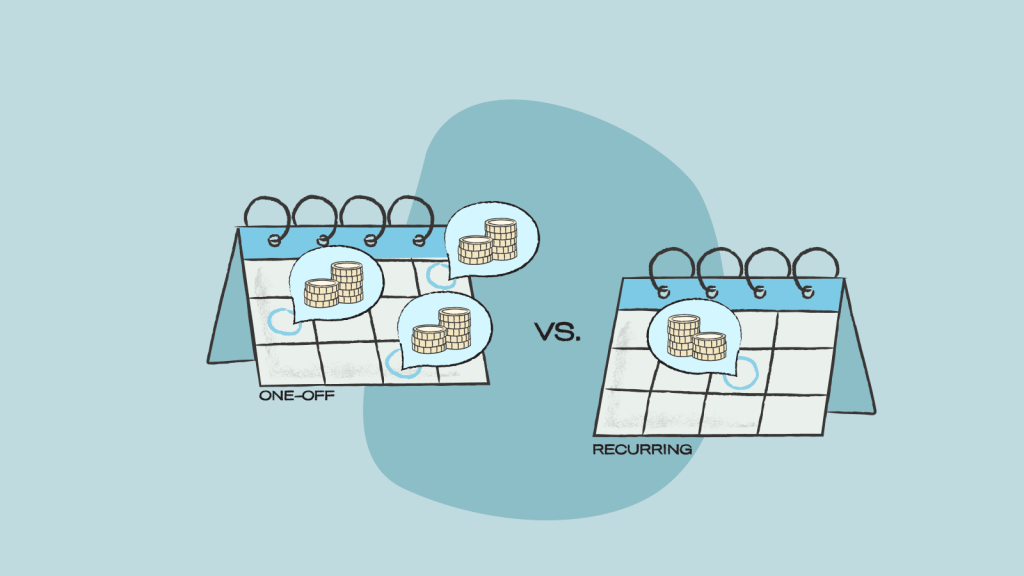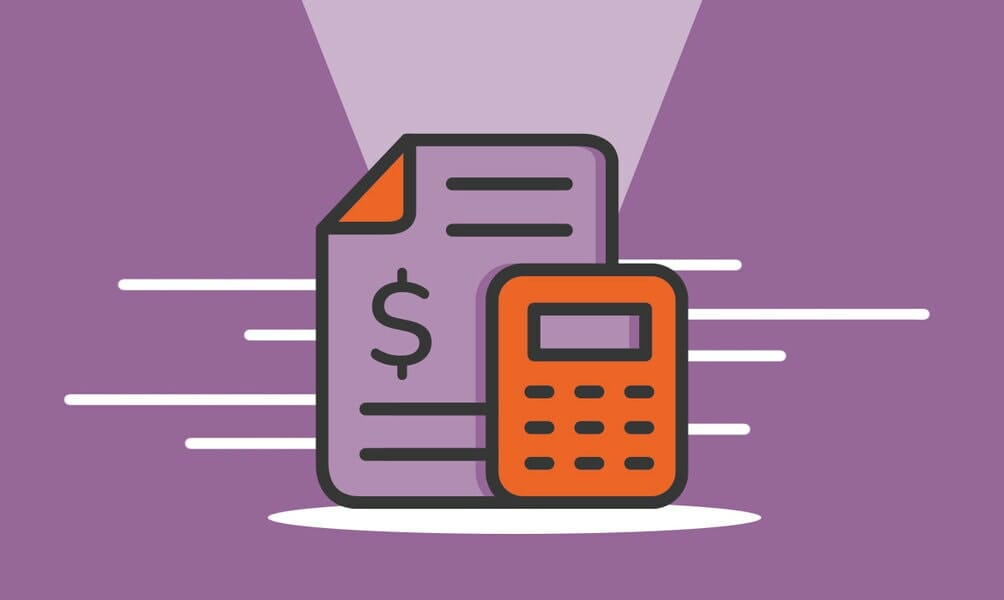Starting a bookkeeping business in 2025 can cost anywhere from $500 to $9,000+, depending on how lean or professional your setup is. Home-based operations with free tools can keep costs low, but expect recurring expenses like software subscriptions and marketing.
What Are the Real Startup Costs for a Bookkeeping Business?

The average bookkeeping business startup cost ranges from $500 to $5,000, but it can go as high as $9,000+ depending on your goals, tools, and office setup.
If you’re planning to work from home and use free or low-cost software, your initial investment could be quite low. However, a more polished, scalable setup will naturally cost more.
Here’s what you’re likely to spend money on when launching a bookkeeping business:
- Business registration and legal setup: LLC or Sole Proprietorship
- Bookkeeping software and tools: QuickBooks, Xero, etc.
- Insurance: Errors and omissions coverage
- Home office or rented space: Optional but can impact cost significantly
- Marketing and branding: Website, logo, social media, ads
- Certifications and training: Optional but recommended for trust and credibility
At Careers Collectiv, we recommend starting lean but professional — use essentials that reflect your credibility without overspending.
One-Time vs Recurring Bookkeeping Business Costs

One-Time Setup Costs Bookkeeping
- Business license or LLC registration – $50–$1,000 depending on location
- Basic equipment: Laptop, printer, desk, chair – $300–$2,500
- Logo design & branding – DIY: free–$100, Professional: $500–$2,000
- Website development – WordPress with template: $100–$500
Recurring Costs for Bookkeeping
- Bookkeeping software (QuickBooks, Xero) – $20–$70/month
- Web hosting, CRM tools – $10–$50/month
- Insurance – $30–$100/month
- Cloud storage and backup tools – $5–$15/month
- Marketing subscriptions (email, social media schedulers) – $15–$100/month
- Taxes, licenses, compliance updates – varies quarterly/yearly
Understanding both one-time and monthly expenses helps prevent budgeting surprises.
Regional & Niche-Based Cost Variations

The cost to start a bookkeeping company in [your city/state] can vary significantly.
Regional Bookkeeping Startup Cost Differences
- Urban areas: May require a more polished brand, registered office, higher insurance premiums
- Rural areas: Lower branding demands, often lower business license fees
Bookkeeping for Niche Industries
Serving niches like medical clinics, law firms, or eCommerce businesses may require:
- Specialised software add-ons
- Advanced certifications (e.g., HIPAA for medical)
- Continuing education courses
- Additional compliance tools
These add to your startup cost but can justify higher pricing and recurring revenue.
Essential Tools & Subscriptions for Bookkeepers

To run an efficient operation, here are the tools needed for a bookkeeping business:
Accounting Software for Bookkeepers
- QuickBooks Online – Industry standard
- Xero – Cloud-based, ideal for freelancers
- FreshBooks – Great for invoicing and time tracking
- Wave – Free tool for early-stage bookkeepers
Other Must-Have Tools
- Google Workspace or Microsoft Office 365 – Document and spreadsheet handling
- Zoom or Calendly – Client meetings and scheduling
- Dropbox or Google Drive – Cloud storage and backups
- Canva – Branding materials and social content
These tools support client communication, documentation, and service delivery.
Is a Home-Based Bookkeeping Business Cheaper?

Yes. A home-based bookkeeping business reduces your startup cost drastically.
Cost Savings with Virtual Bookkeeping Setup
- No rent or utility bills
- Use existing furniture/equipment
- Write off part of your home under IRS home office deduction
What You’ll Still Need
- Reliable internet connection
- Professional email and website
- Business insurance
- Bookkeeping software
- Consistent branding
Even if you’re virtual, professional presentation matters.
Cost to Scale or Hire as You Grow

When scaling a bookkeeping business, your expenses shift.
Hiring Costs Bookkeeping Firm
- Virtual Assistants (VAs) – $5–$15/hour
- Contractors or employees – $20–$50/hour depending on experience
- Payroll services – $30–$100/month
Additional Software and CRM Upgrades
- Multiple user licenses for accounting tools
- Upgraded CRM with automation
- Paid project management tools (Asana, Trello Premium)
Outsourcing in Bookkeeping
Delegating tasks like data entry, client communication, or marketing can save you time — but raises monthly cost.
How to Start a Bookkeeping Business on a Budget

You can start a bookkeeping business with no money or close to it.
Cheap Way to Start Bookkeeping Business
- Use free tools: Wave (accounting), Canva (branding), WordPress (site)
- DIY everything: Site, logo, branding
- Start from home: No rent or equipment purchases needed
- Use freelancer sites: Get first clients via Upwork, Fiverr, LinkedIn
This route works well for career switchers or new moms looking for flexibility.
Hidden Costs You Might Overlook
These unexpected costs in bookkeeping business often sneak up on new owners:
- CPA or legal consultation – $100–$500/hour
- Continuing education – Courses, certifications, or conferences
- Late filing penalties – If you miss client deadlines
- Client contracts – Custom templates or legal reviews
Plan ahead to avoid financial surprises.
Complete Bookkeeping Business Cost Breakdown
